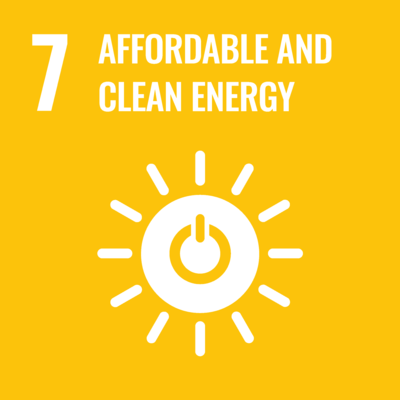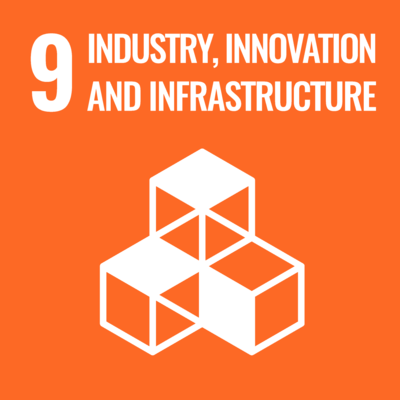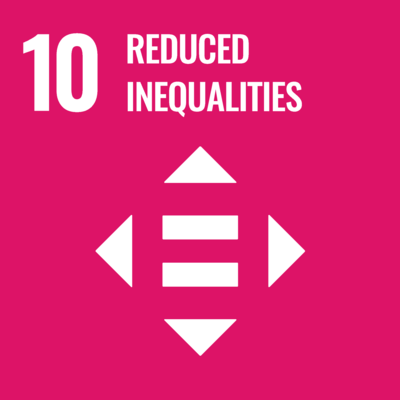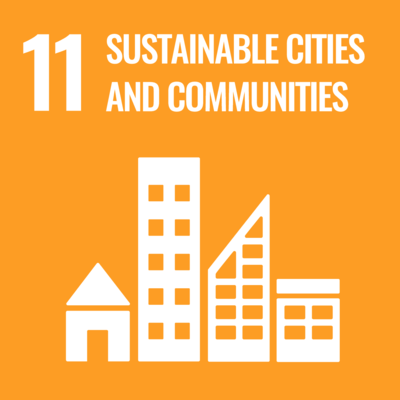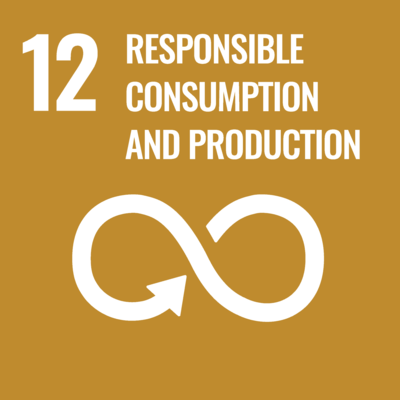SDG 7.4.3 Energy efficiency services for industry
1. In 2023, NCUE conducted 13 research projects related to energy storage and clean energy funded by the National Science and Technology Council (NSTC), with a total budget of NT$17,404,642. Additionally, 44 non-NSTC projects were carried out with a total budget of NT$18,544,000. In line with global net-zero greenhouse gas (GHG) emissions policies and to assist industries in transitioning to low-carbon operations, NCUE provided GHG inventory and reduction services to businesses in 2023. This included 28 projects with a total budget of NT$5,555,000, involving 18 faculty members.
(1) The 2023 NSTC and non-NSTC project statistics are presented in Table 1.
Table 1: 2023 NSTC and Non-NSTC Project Statistics
|
Type |
No. of Projects |
Total Budget |
|
NSTC Projects |
13 |
NT$ 17,404,642 |
|
Non-NSTC Projects |
44 |
NT$ 18,544,000 |
(2) The 2023 GHG inventory project statistics are presented in Table 2.
Table 2: 2023 GHG Inventory Project Statistics
|
Number of Faculty Involved |
Number of Projects |
Total Budget |
|
18 |
28 |
NT$ 5,555,000 |
(3) The number of energy storage and clean energy research projects (NSTC and non-NSTC) at NCUE in 2022 and 2023 shows a growth trend, as depicted in Figure 1.
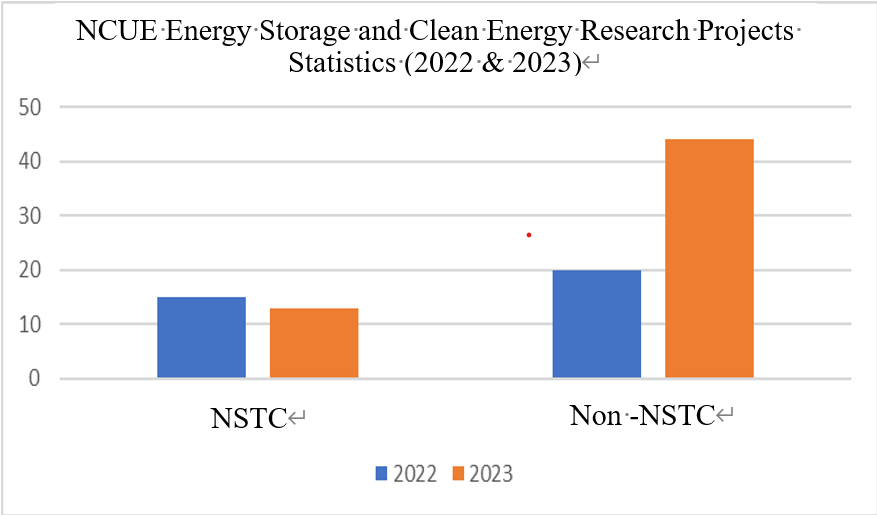
Figure 1. NCUE Energy Storage and Clean Energy Research Projects Statistics (2022 & 2023)
(4) The number of GHG inventory projects at NCUE in 2022 and 2023 shows a growth trend, as shown in Figure 2.
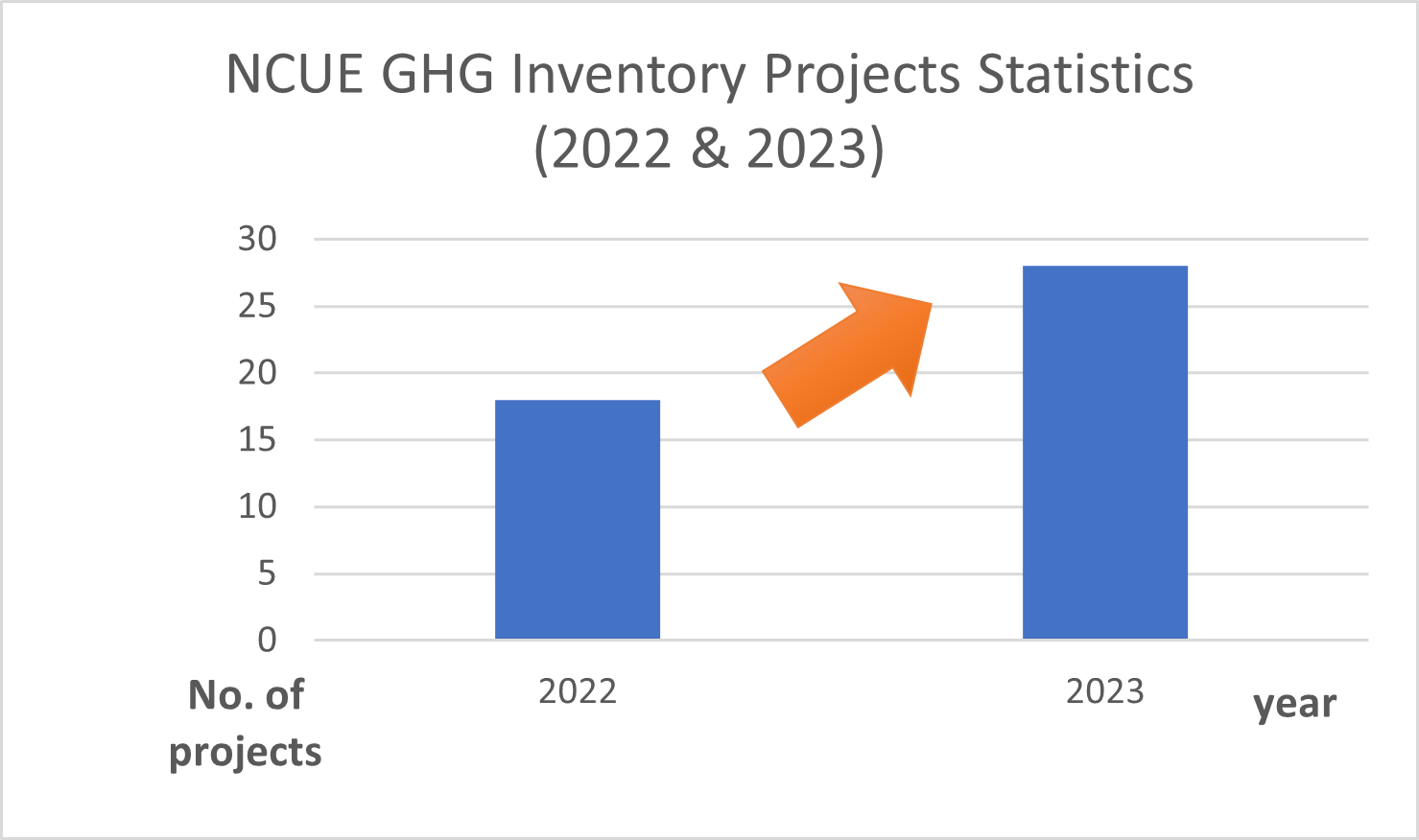
Figure 2. NCUE GHG Inventory Projects Statistics (2022 & 2023)
(5) The total budget for GHG inventory projects at NCUE in 2022 and 2023 shows a growth trend, as depicted in Figure 3.
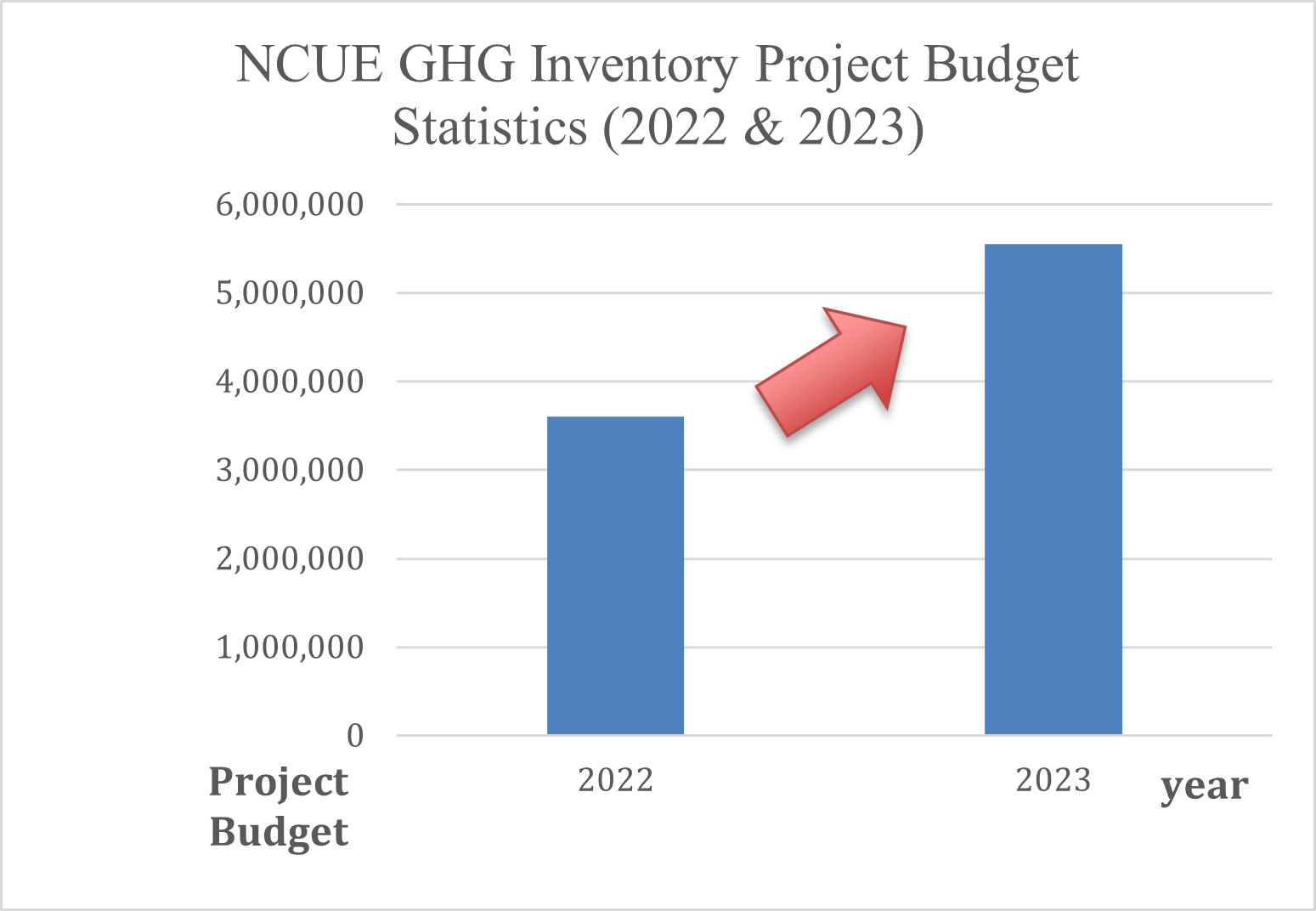
Figure 3. NCUE GHG Inventory Project Budget Statistics (2022 & 2023)
2. NCUE's implementation of energy storage and clean energy research projects (both NSTC and non-NSTC) in 2023 involved collaboration with various enterprises, aiming to provide relevant research results and technologies to local industries, as detailed in Table 3.
Table 3: 2023 Energy Storage and Clean Energy Research (NSTC and Non-NSTC) Projects
|
Project Title |
Project Budget |
|
MOE's Multi-Dimensional Solar Power Pioneer Project (including Civic Power Plants) Incentives |
NT$ 800,000 |
4. The College of Engineering and the College of Technology at NCUE have long been dedicated to the development of smart energy applications, covering areas such as energy creation, energy conservation, energy storage, and system integration. The Baoshan Campus is the only smart microgrid demonstration campus in Taiwan. In 2021, with funding support from the NSTC and cooperation from 12 private enterprises, a total of approximately NT$40 million was invested to promote the "Research and Demonstration of Multiple Microgrids in a High-Proportion Photovoltaic Solar Environment" project. NCUE collaborated with five universities including National Tsing Hua University, National Chung Hsing University, Chung Hua University, and Chienkuo Technology University. This project achieved significant results and was honored with the "Future Technology Award" by the Ministry of Science and Technology in 2022.
To share these technological achievements, NCUE held a "Smart Microgrid Technology Forum" at the Baoshan Campus on March 2, 2023. Representative companies from fields such as energy equipment, power plant development, power monitoring, and electricity and carbon trading (such as Delta Electronics and Chung Chia Power) were invited to conduct "Industry Status and Case Analysis". The forum attracted over a hundred experts and scholars and included a guided tour of the smart microgrid demonstration campus. It aimed to promote exchange between industry, government, and academia, further advancing the development and application of renewable energy technologies. Photographs of related activities are shown in Figures 4-5.
External platform promotion: https://www.taedt.com/custom_129036.html
Event video: https://www.youtube.com/watch?v=sclzim3Dc4g
Campus headline: https://www.ncue.edu.tw/p/406-1000-9449,r93.php?Lang=zh-tw
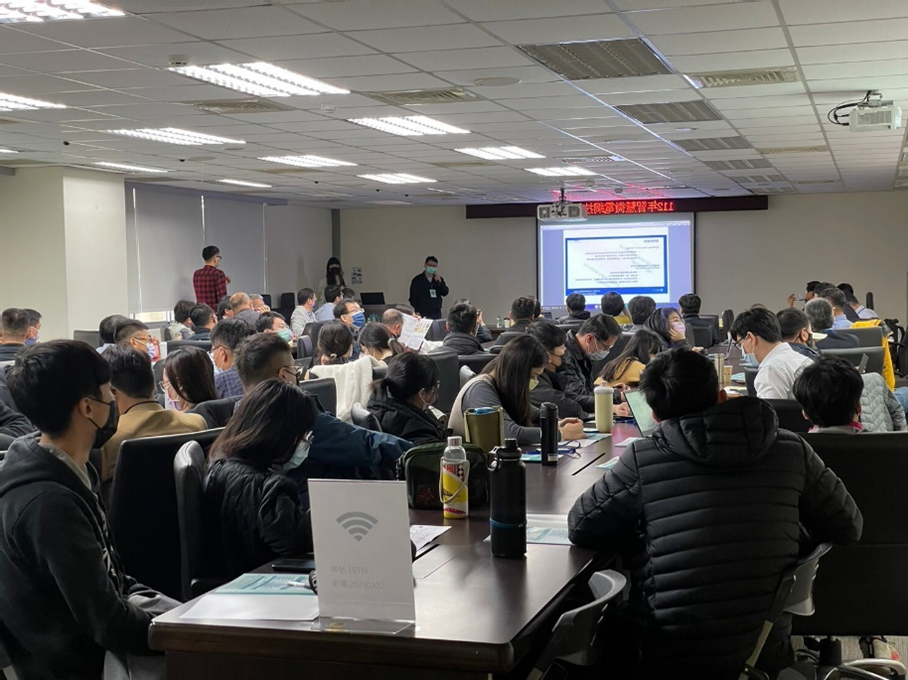
Figure 4. The Smart Microgrid Technology Forum on 2023/03/02 gathered experts and scholars from industry and academia, with over 100 participants.
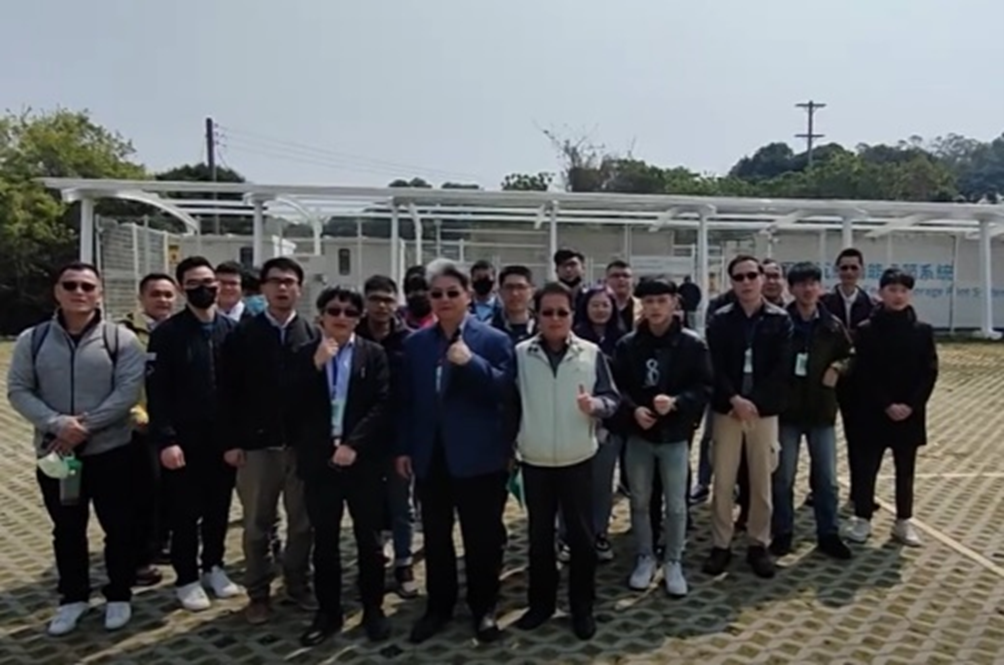
Figure 5. Smart Microgrid Technology Forum on 2023/03/02 - Participants observing the university's microgrid field on-site.







